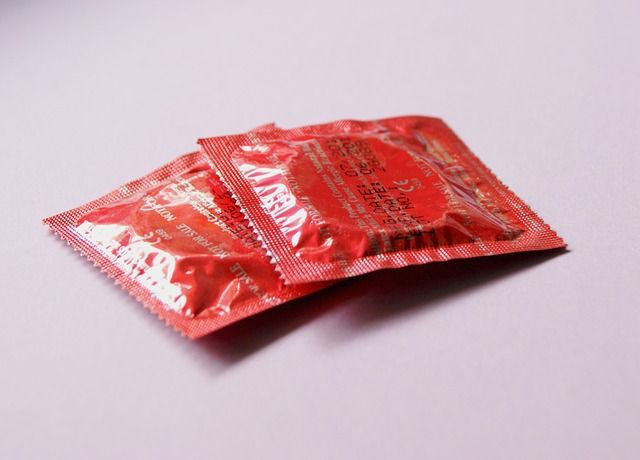Syphilis Update 2017: Drug-Resistant STDs Could Be Devastating Globally

Syphilis is arguably one of the most devastating sexually transmitted infections, but lucky for us it's completely curable — or it used to be. However, doctors have begun to note that a new antibiotic-resistant strain of the bacteria has begun to spread around the globe, and according to a new study, the problem could have serious consequences.
There are two main strains of syphilis: Nichols and Street Strain 14 (SS14). Penicillin is the first choice to treat syphilis, but sometimes macrolides are prescribed instead. A recent analysis of syphilis samples from patients representing the Americas, Europe, Africa, and Australasia found that both strains have developed a resistance to antibiotics, although resistance is far more prevalent in SS14. A quarter of the Nichols samples had the genetic pattern that leads to drug resistance, but 90 percent of the SS14 samples had it, Ars Technica reported. This suggests that SS14 is a relatively new strain of syphilis that’s both far more widespread, and far more antibiotic-resistant than we previously thought.
Read: 5 Most Common STDs In Women
“At first, the macrolide treatment failures were in US patients, but then there were reports of macrolide treatment failures in patients in several other countries,” Lola Stamm, a professor of Epidemiology who was not involved in the study, told Ars Technica.
What’s more, the STI also seems to be making a comeback, with the Centers for Disease Control and Prevention reporting that the number of syphilis cases have increased by 15 percent since 2013.
Syphilis is an STD which can be spread through all forms of sexual contact, and even from an infected mother to her unborn baby. According to the CDC, the illness is known as the “great imitator” because it has so many possible symptoms, many of which look like symptoms of other diseases. The first sign is usually a painless sore that can easily be mistaken for something as simple as an ingrown hair. However, in the most serious cases, if left untreated, the disease can cause damage to the internal organs which may result in death.
Although the news is frightening, it should not be cause for alarm (just yet). Rather, the emerging antibiotic resistance further stresses the need for doctors to be more careful with prescribing antibiotics. At this point, syphilis is not resistant to multiple types of antibiotics yet, but this is something that could happen if the problem isn’t quickly addressed.
Source: Arora N, Schuenemann VJ, Jager G, et al. Origin of modern syphilis and emergence of a pandemic Treponema pallidum cluster. Springer Nature . 2016
See Also:
Syphilis In Men: Symptoms And Signs Of The Silent STD
Experts Say Gay Men, People With HIV Should Get Screened For Syphilis



























